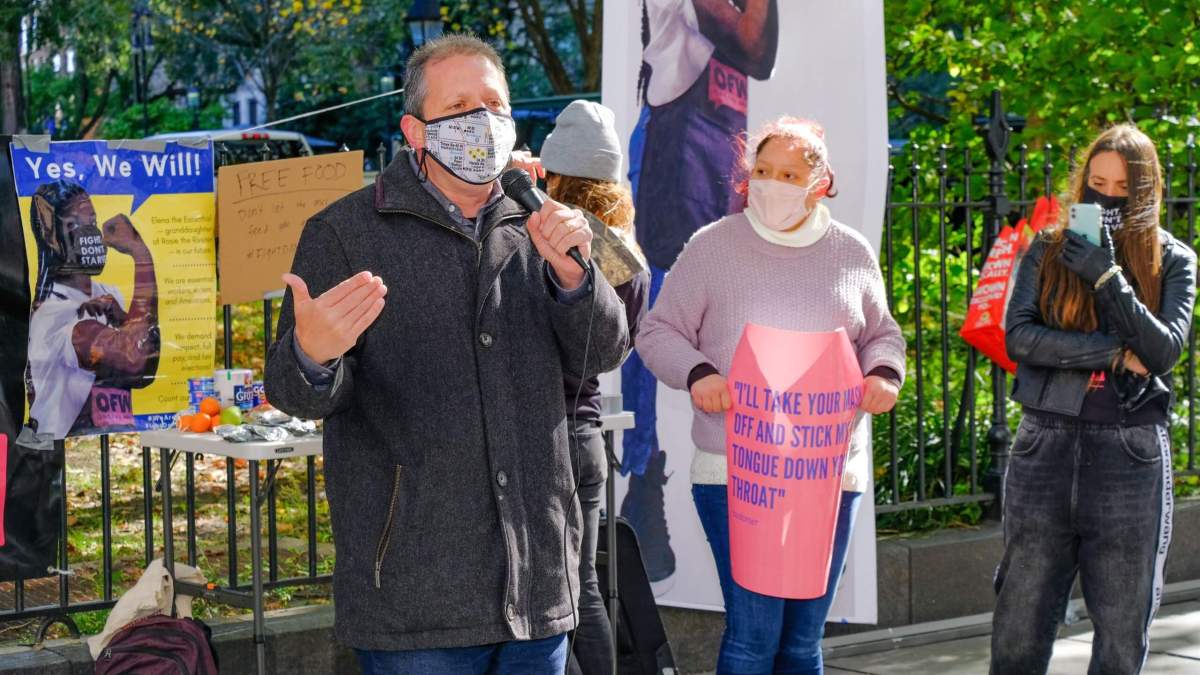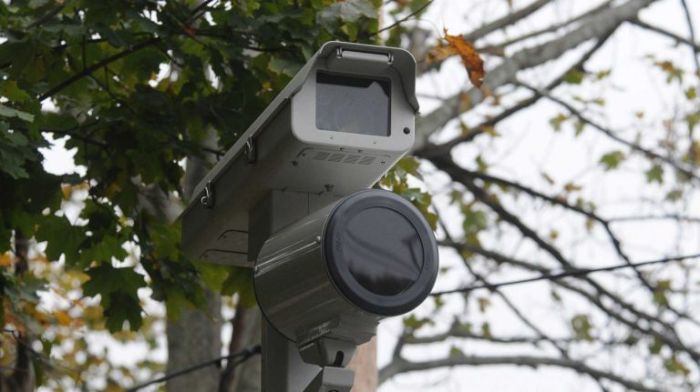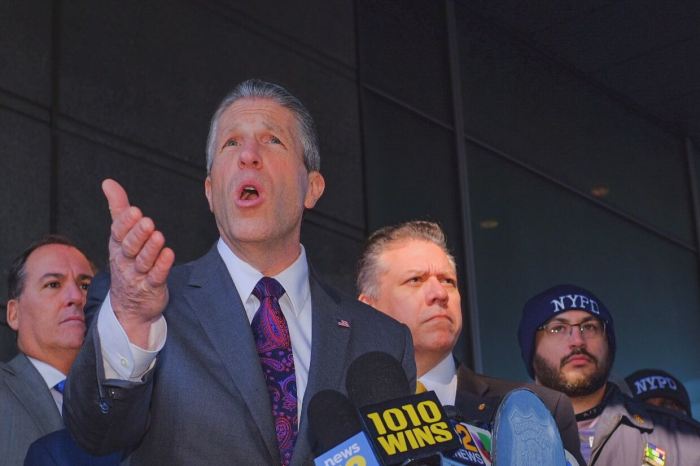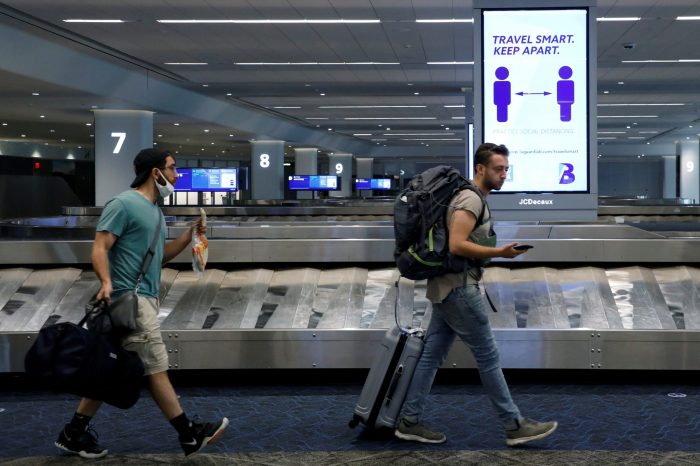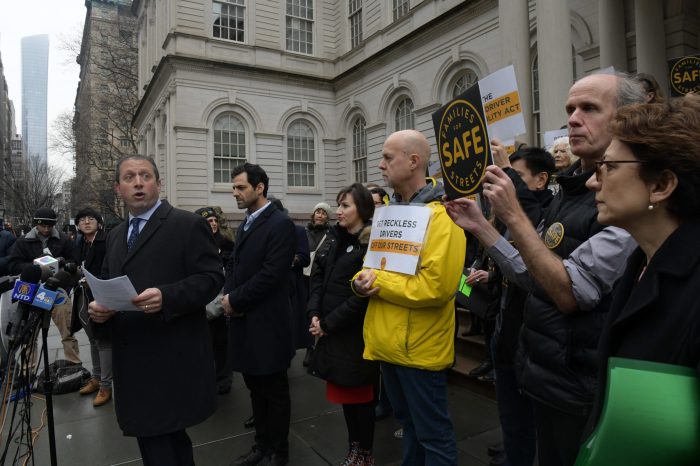Tipped workers in New York City are saying that now is the time push through legislation that will emancipate servers from not only poverty but the power dynamics stacked against them.
In front of City Hall on Monday, advocates called for One Fair Wage to be passed at the federal level to grant servers standard workplace protections and city lawmakers said they had their own plans to deliver equity to those now deemed essential workers in the ongoing pandemic.
While One Fair Wage has been debated in Albany, Councilman Antonio Reynoso says a City Council authorized surcharge on restaurant patrons to support the industry amid economic setbacks may need to be shared with workers as additional legislation is pushed forward as well.
“We are going to be introducing legislation at the next stated [meeting] that will allow for tipped workers to receive $15 an hour if a business or a restaurant decides if they’re going to charge a surcharge. It’s going to be $15 plus tips,” Reynoso said, before conceding. “All we’re doing is putting Band Aids on it until we get to the ultimate goal of a one fair wage at the state… I think the surcharge would be even more successful if New Yorkers knew that the money is going to the workers.”
Damani Varnado, a server with 30 years of experience, said a restaurant worker’s strike should be in order for the increased level of workplace harassment from customers and employers they have had to endure on top of the pandemic which has forced more responsibility on them than usual.
“Restaurant workers are having to be health marshals now by coming in and taking your temperature, making sure you’re wearing your mask and essentially fighting with customers who they depend upon to give them a tip to make up for that sub-minimum wage,” Varnado said. “We’re in the middle of a moment where we can rebuild the fabric of the industry.”
Restaurant workers speaking at the rally described the sexual harassment they have experienced from customers as New York City has reopened for business and now allows 25% indoor dining. Most of the comments were mask related and lecherous in nature.
Councilman Brad Lander explained his vote against the surcharge bill in September as well as the feeling of regret that while the city acted to protect other essential workers, such as those in the healthcare industry, no action was taken to protect sub-minimum wage tipped workers.
“Not only did we not make sure restaurant workers earn the minimum wage, we added insult to injury by passing the surcharge bill that lets owners add a surcharge that they don’t have to share with workers and that we knew was going to reduce tips that workers are getting,” Lander said. “I was one of a handful – I think there was only one or two of us – that voted against that surcharge bill because adding a surcharge without protecting the workers and raising the wage was the opposite of cheering for essential workers on our stoops.”
The call for One Fair Wage predates COVID-19, however, and has gained support from not only the Council members at Monday’s rally, but has also received the backing of Congresswoman Alexandria Ocasio-Cortez who in June 2019 used her experience bartending to raise awareness to some of the experience the sub-minimum wage can provoke for restaurant industry workers.
According to the activists in front of City Hall, the sub-minimum wage for tipped workers dates back to the end of slavery; abolition was followed as a means of getting cheap labor without standard protections, they argued.



